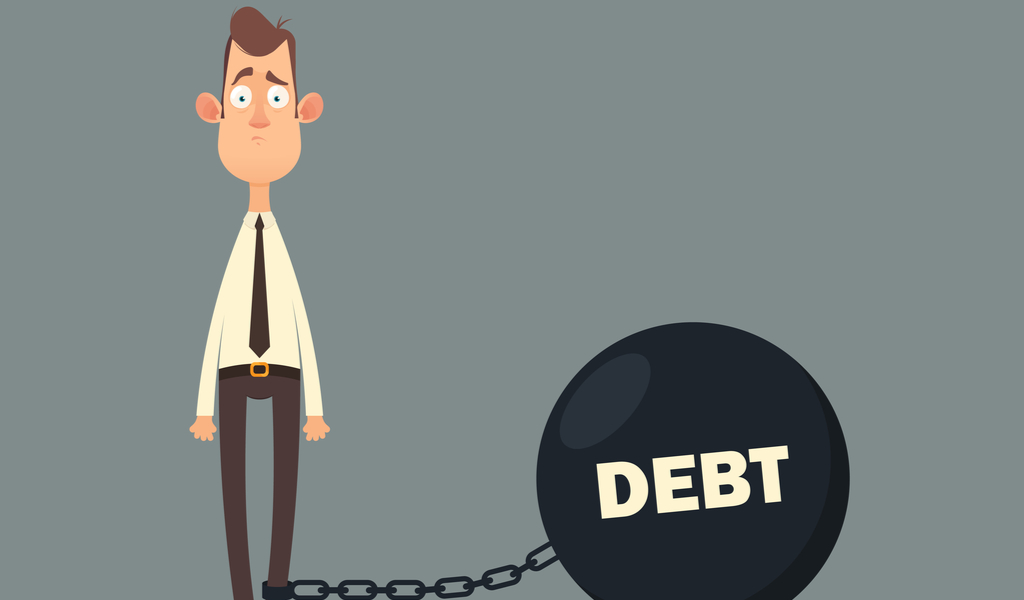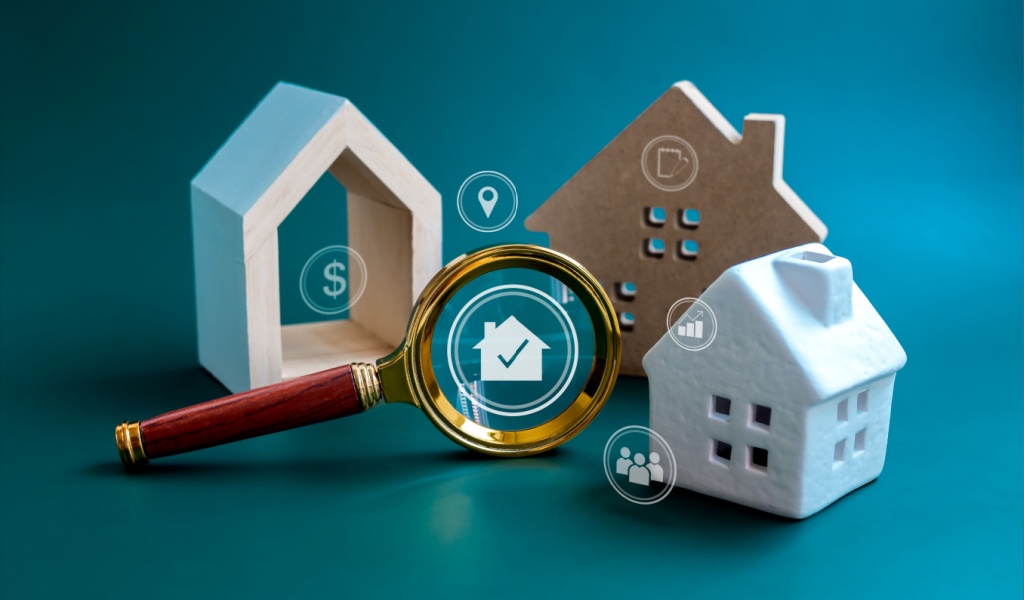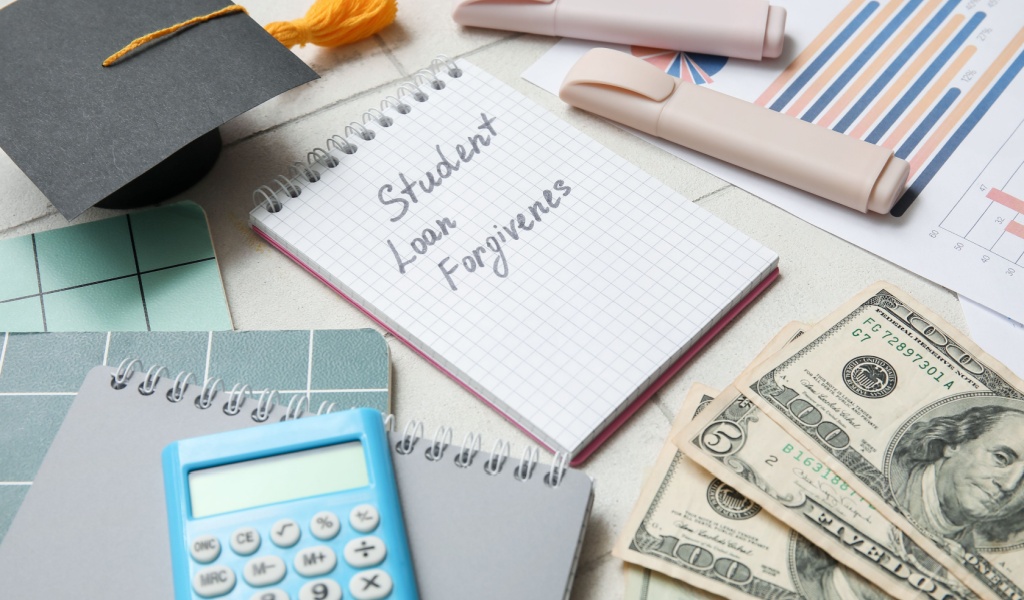Being in debt can feel like a quicksand kind of situation. You put your foot in to see if it’s really that bad and before you know, you’re getting sucked in further and further. Before you end up neck-deep in mud, pull yourself out!
Don’t worry, we know it can be overwhelming, so we’ve put together some tips you can use. Here’s a step-by-step guide to how you can go from having a debt to being debt-free, regardless of whether the sum may be large or small.

1. Acknowledge the Issue
Believe it or not, there are many people who refuse to acknowledge the fact that they are in debt. These are the kind of people who end up scrambling in the end. Don’t be like these people.
The first step to getting rid of debt is acknowledging that you are in it. You will also want to evaluate the amount of debt you’re in and the kind of debt it is. Is it deliberate debt, i.e., those planned debts like student loans or the purchase of a vehicle? Or is it chaotic debt; the kind that sneaks up on you because you’ve been a little too generous at picking up the tab during your nights out with friends?
Admit it to yourself. Say “I (your name) am in debt, and I’m going to fix it!”
2. Evaluate the Circumstances
The next question to ask yourself is how you ended up in this situation. Here some of the questions that will help you find the answer to that:
Why am I in debt?
What am I spending on/Am I spending too much?
How much income am I getting?
Has my debt increased because of expensive interest payments or any other reason?
Is it increasing because my financial responsibility has increased, for e.g. welcoming a new member of the family?
At this point, you’re not looking for a solution but to merely understand the circumstances that led to you being in debt.
3. Take the Emotion Out of It
Money and emotion rarely make a good pair. But we can’t also deny the fact that spending habits are a very personal thing as they define who you are and what your priorities are. It doesn’t help that guilt, shame, and regret are oft present in debt-related discussions either.
But you will also need to understand that emotions aren’t going to help you become debt-free. Take control of your finances, make a decision, and stick to it. If you must involve emotions, it has to be a steely determination to stay focused to make it happen!
4. Go Old School
Have a notebook or binder dedicated to your “becoming debt-free” plan. Use it to write down any and all types of debt you have, such as school loans, credit card fees, and even owing someone money. You’ll also want to mark down your current payment plan and any areas that you can identify to be a problem.
5. Stop the Leak
During the time when you are evaluating your debt and expenses, it’s best to stop spending temporarily. To use the metaphor in the subtitle, it’s easier to find out where the leak in a bucket is when you’re not focused on pouring more water in. Once you’ve developed a plan to curb your debt problem, you can begin making meaningful purchases again.
6. Track All Expenses
You will need a comprehensive understanding of where all your money is going – which, presumably, is the reason that you’re in debt in the first place. The last six months is a good place to start. Print out bank records, credit card statements, and dig out any and all receipts you have stuffed into your purse and the car’s glove box!
You can opt to input all your expenses into a spreadsheet or a specific money-tracking app, or even use a section of the notebook/binder we mentioned earlier!

7. Recognize Spending Patterns
Check your spending to recognize patterns. For instance, do you spend more than intended during weekends, or while visiting a certain store? Is your money sucked up by certain activities or entertainment? Do you seem to spend the majority of your money in the first few days of your paycheck arriving?
8. Categorize. Prioritize.
Put all your expense into different categories such as needs and wants. Things like food, water, clothing, housing, and transportation go into the needs category. Everything from entertainment to eating at fancy restaurants is a want and these need to be curbed. Prioritize the needs and cut down on wants as much as possible. This could mean giving up your gym membership or trading your expensive car for a more practical model. Luxury products often come with high taxes and these need to go ASAP!
9. Be Ready to Make Big Changes
Getting out of debt is no easy feat, so if you need to make some big changes in your life, then that’s just what you’re going to have to do! For instance, if rent is taking up a big part of your income, you need to consider moving to a cheaper house or taking a roommate on board. If transportation costs are too high, you may need to move closer to work. Ultimately, you will need to be willing to big changes wherever they may be needed.
10. Get Expert Help
There are many resources available that you could use – you do not have to figure everything out on your own. You are not the only person to be under debt so don’t hesitate to seek help. You could consult a financial planner at your bank, hire a financial advisor, or even take a debt management class.
11. Do Your Own Research
When it comes to matters of money, you want to make sure that you actually understand the decisions you’re making and not blindly following the advice given by someone else. Go to your local library and browse through financial management books for beginners, or use the internet to research. Here’s a bonus tip for you; most libraries offer basic financial management classes!

12. Hustle, Hustle, Hustle
Find new and creative ways to boost your income in any way possible. No extra income is bad – a dollar earned is a dollar you can use to pay off your debt. Scout your local newspaper or job-posting sites for work you can take up in your free time – anything from freelancing to walking dogs, babysitting, and joining the cleanup crew at your local barn! Some people may prefer to simply take up a second job. Go after any and all money-making opportunities that you can – this will help you get debt-free quicker.
13. Pay the Maximum
It may sound crazy, but some lenders actually have penalties for paying your debt off too early. In that case, make the maximum monthly payment possible, and do it on time every month.
14. Be Persistent and Follow Through
Your debt didn’t materialize out of thin air overnight so it’s not likely that it’s going to disappear that quickly either. Stay the course, stay patient, be consistent with your plan, and soon you’ll be debt-free. Who knows, you may even develop a few healthy financial habits that’ll ensure you never face yourself in the same situation again!



